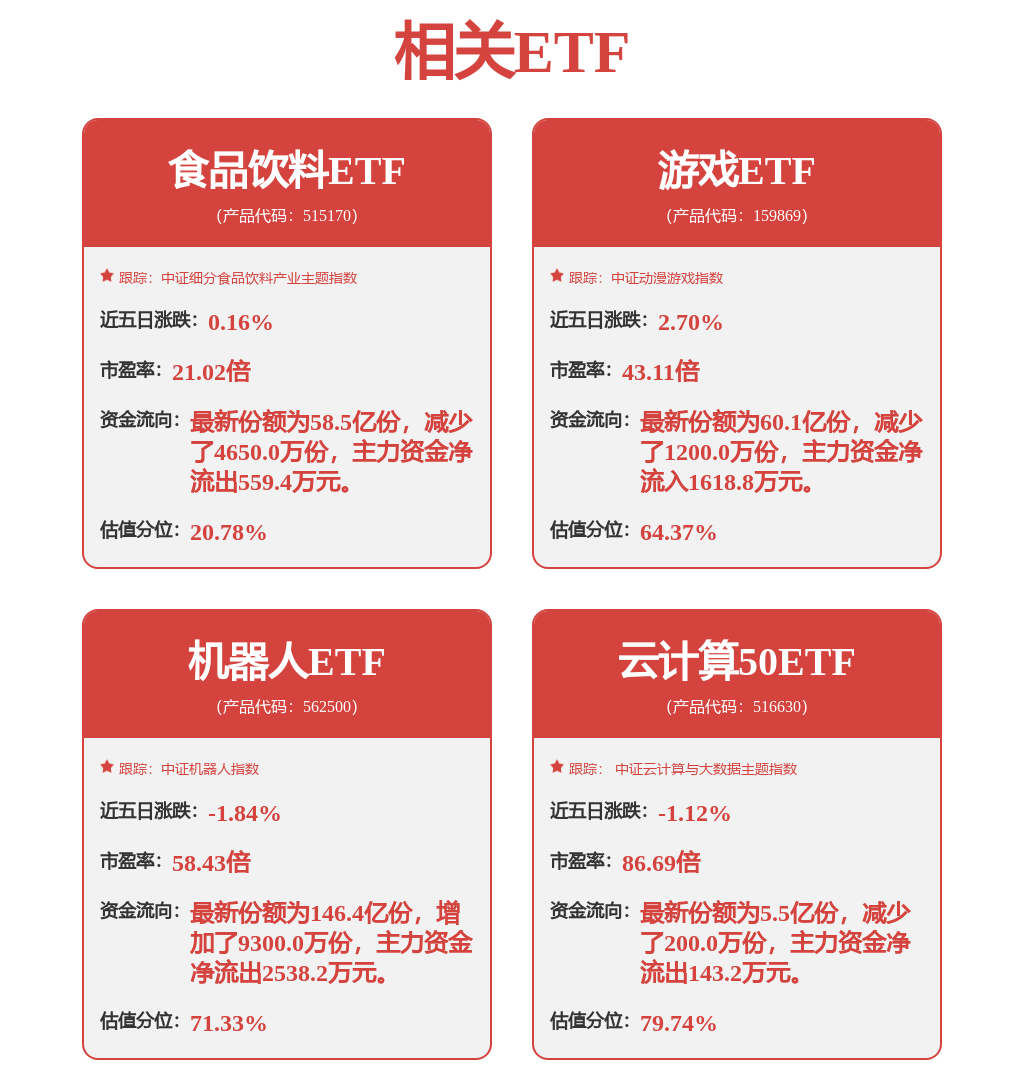Wall Street ends down but off lows as bond prices gain
NEW YORK (Reuters) - Stocks fell more than 1 percent on Monday, adding to a sell-off built on concerns about reduced stimulus from the Federal Reserve and on overnight losses in Chinese equity markets.
The market shed some of the day's losses in the afternoon, but it was the third time in the past four sessions that the S&P 500 dropped more than 1 percent. Volume was again above-average, with 8.33 billion shares traded on U.S. exchanges, a sign that the pullback has not abated yet.
Losses at one point extended as far as 2 percent, but stocks retraced some ground after two Fed officials downplayed the notion of an imminent end to monetary stimulus.
"We were really oversold in many different indices, so you would expect a bounce. The trick is, is this going to continue tomorrow?" said Sam Ginzburg, head of capital markets at First New York in New York.
"I would be careful of this move up. I wouldn't be sure it sticks as of this time."
Ginzburg said he would like to the S&P close over 1,600, a level which was support but now is resistance.
All 10 industry sectors on the S&P 500 ended lower, led by declines in materials, industrials and financial shares. Those sectors are most sensitive to the growth outlook and rising interest rates.
The Dow Jones industrial average finished down 139.61 points, or 0.94 percent, at 14,659.56. The Standard & Poor's 500 Index was down 19.34 points, or 1.21 percent, at 1,573.09. The Nasdaq Composite Index was down 36.49 points, or 1.09 percent, at 3,320.76.
Markets have been under pressure as investors cashed out of losing positions in the last several days since the Fed suggested it would cut back on its $85 billion in monthly bond purchases before long.
The S&P 500 posted its worst weekly performance in two months last week, and looked set to extend the sell-off coming out of the weekend as developments in China's financial system dampened sentiment on Wall Street.
The People's Bank of China said banks needed to do a better job of managing their cash and lending as the central bank attempts to move China away from credit-driven investment. Shares in Shanghai fell 5.3 percent while Chinese financial shares dropped more than 7 percent.
Materials shares , which are often affected by expectations for China's growth, dropped 1.7 percent. Cliffs Natural Resources sank 7.6 percent to $15.88, making it one of the biggest decliners on the S&P.
Stocks were able to cut losses after U.S. Treasuries prices rebounded from substantial declines. The yield on the 10-year Treasury note, which moves in the opposite direction of the price, rose as high as 2.67 percent but later dipped to 2.55 percent.
The Fed last week said if the economy improves, it could begin to reduce its $85 billion in monthly bond purchases before the end of the year.
One of the Fed officials who spoke Monday about the markets' recent storm of selling was Richard Fisher, the hawkish head of the Dallas Fed. He said the strength of the U.S. dollar reflects confidence in the economy.
Fisher strongly backed Bernanke's timetable for QE3, repeating the unprecedented stimulus should be slowly removed.
The S&P 500 has slumped 4.8 percent over the past four sessions and breached both its 100-day and 50-day moving averages, a sign that near-term momentum may be toward the downside.
The S&P 500 has fallen 3.5 percent in June, putting the benchmark index on track to end a seven-month rise as well as its worst monthly performance since May 2012. The index is down 5.8 percent from its all-time closing high on May 21.
Energy stocks were weak. Consol Energy fell 5.8 percent to $28.05 and Peabody Energy lost 7.2 percent to $14.85.
U.S. hospital operator Tenet Healthcare Corp will buy smaller rival Vanguard Health Systems Inc for $4.3 billion or $21 per share including debt to expand into new locations. Vanguard shares jumped 67.3 percent to $20.70 and Tenet gained 4.5 percent to $43.73 as the S&P's top advancer.
(Reporting By Alison Griswold; Editing by Kenneth Barry)
(c) Copyright Thomson Reuters 2013. Check for restrictions at: http://http://www.zjjv.com///fulllegal.asp




